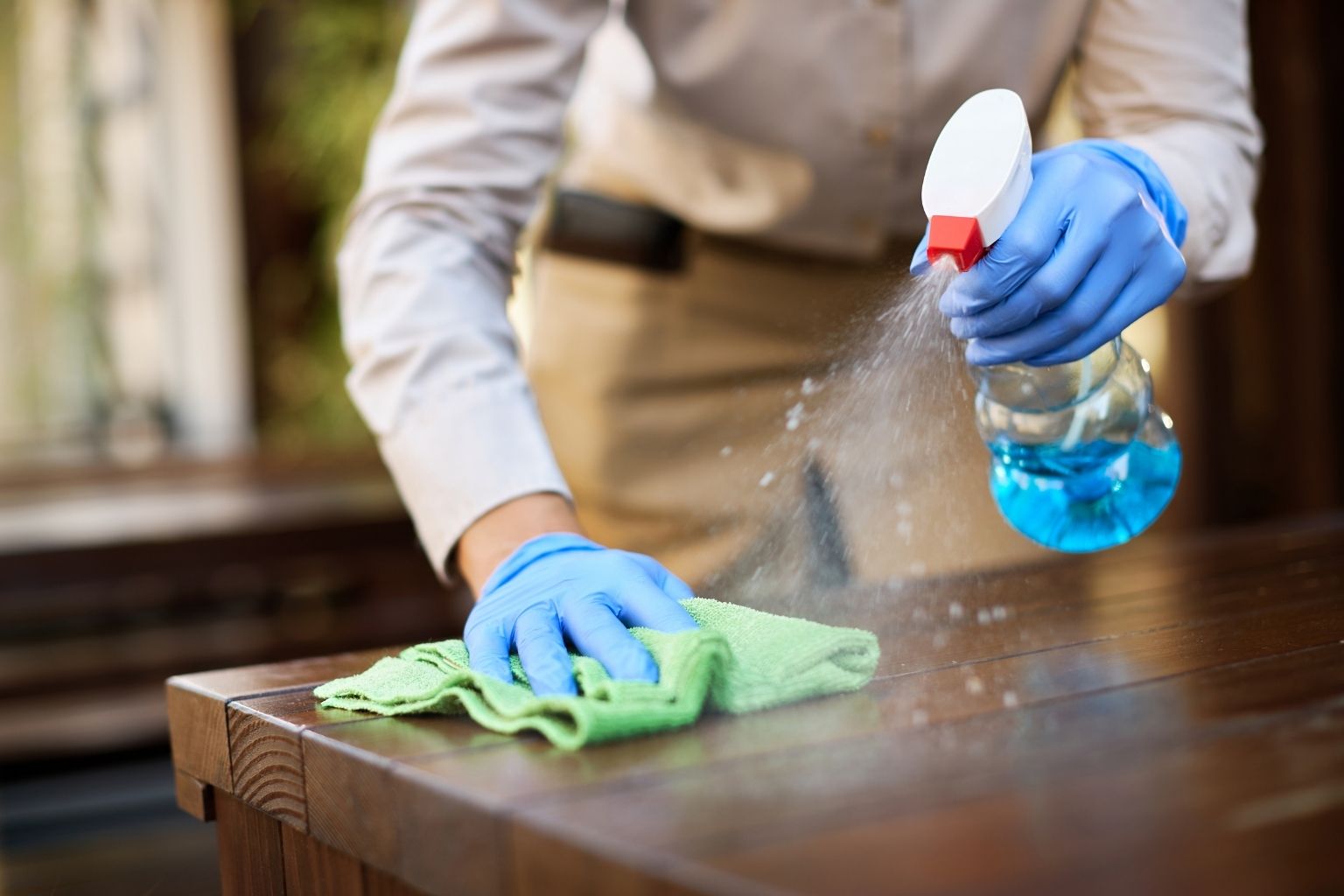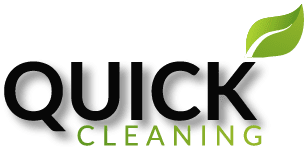The Science Behind Clean: How Innovations Are Changing the Industry
You ever walk into a room that smells like lemony-fresh heaven and think, “Man, I wish my place felt this clean all the time”? Yeah—same here. But the real question isn’t just how something gets clean. It’s what’s changing behind the scenes to make it cleaner, faster, smarter. Spoiler: it’s not your grandma’s mop anymore.
A few years ago, I tried deep-cleaning my apartment with just hot water, vinegar, and good intentions. Let’s just say... my allergies didn’t thank me. But since then, I’ve been kinda obsessed with what’s actually happening in the cleaning industry. And trust me—it's wild how much science is behind that sparkle.
Wait, there's real science in this?
Totally. Cleaning today is like the iPhone of hygiene—compact, sleek, and powered by tech you don’t even realize is working. From antimicrobial coatings to automated robots that track dirt levels (yes, that’s a thing), we’ve gone full sci-fi in this space.
And you know what really blew my mind? I was searching for House Cleaning in Chicago IL one weekend—just trying to find someone to help before a family visit—and I stumbled onto a service using UV sanitation tools. Not bleach. Not harsh chemicals. Just light and science. Crazy, right?

So, what's actually changing?
Alright, let me break it down. Here are five terms you’re gonna hear more and more in the cleaning world—explained like I’m talking to a friend over coffee:
1. Electrostatic Sprayers
These things basically wrap surfaces in disinfectant like a cozy science blanket. Perfect for high-touch areas. Imagine spraying a chair and knowing every inch is covered. That’s the idea.
2. Green Chemistry
Nope, not a class you skipped in high school. It’s about formulas that actually clean without destroying the planet. Less toxins, more plant-based enzymes. I saw this firsthand while booking Apartment Cleaning Chicago they mentioned eco-certified stuff and I was like, "Yep, I’ll take two."
3. Data-Driven Cleaning
Facilities now use sensors to know when and where to clean. Like, if a bathroom hasn’t been used in hours, it might not need that scrub—unless the data says otherwise.
4. Antimicrobial Surfaces
Think of it like furniture that fights back. These are coatings on door handles or desks that actively repel bacteria. You can’t see it, but it’s doing overtime.
5. Robotics & AI
This isn’t just Roombas anymore. Big commercial places are using AI to direct cleaning teams more efficiently. I’ve seen Cleaning Services Chicago IL use this tech—cutting time but keeping results sharp.
Here's the thing: it's not just for big buildings
Even smaller companies and homes are catching on. Last winter, I visited a coworking spot and noticed this sleek, whisper-quiet bot gliding under desks. Turns out, it was part of a smart maintenance program run by Comercial Cleaning Services Chicago Didn’t think much of it until I realized I hadn’t sneezed all week. That’s… not normal for me.
So yeah, innovation isn’t just happening in hospitals and hotels—it’s creeping into our apartments, offices, and yeah, even grandma’s guest room.
Why should you care though?
Let’s be real: nobody dreams of learning about sanitation tech. But here’s why it might actually matter to you:
You’re breathing cleaner air (less dust, less mold spores)
Your surfaces stay safer longer
Eco-cleaning means fewer chemical headaches (literally)
You spend less time scrubbing like a madman
And—bonus—you’re supporting companies that are actually trying to do things better
Plus, it’s just cool to know your home’s getting cleaned with the same tech that NASA once used in labs (true story—some of it originates from space-grade sanitation).
So what now?
Give it a try this week—you’ll see. Next time you book a cleaner or visit a public space, ask: “Hey, are you using any of those new systems?” Might surprise you how far ahead some local services are. Just like I was surprised when I went from vinegar wipes to UV-cleaned countertops.
I mean, clean is clean, right? But now... clean is also smart.
